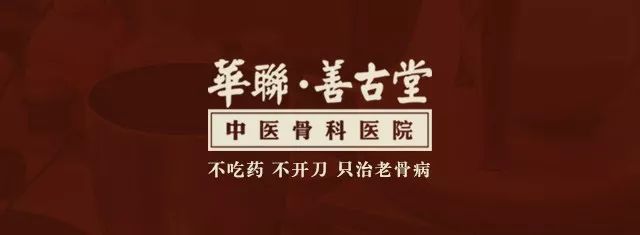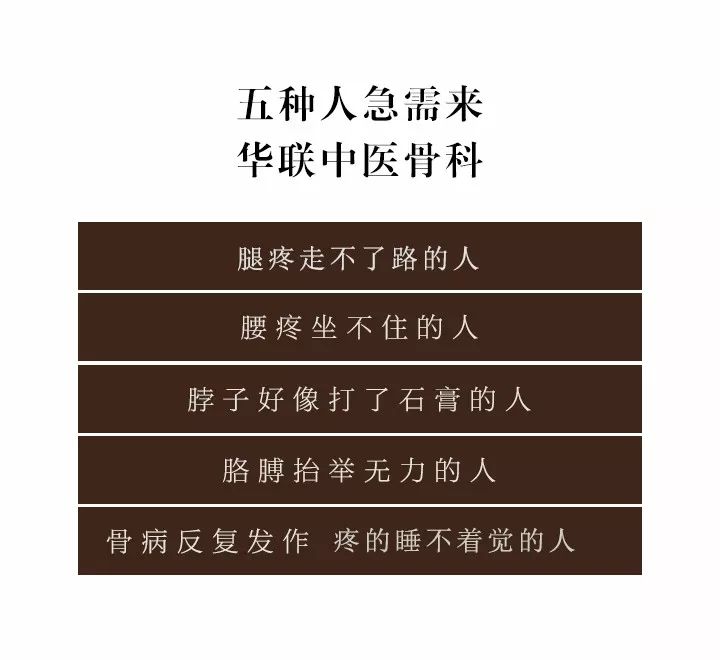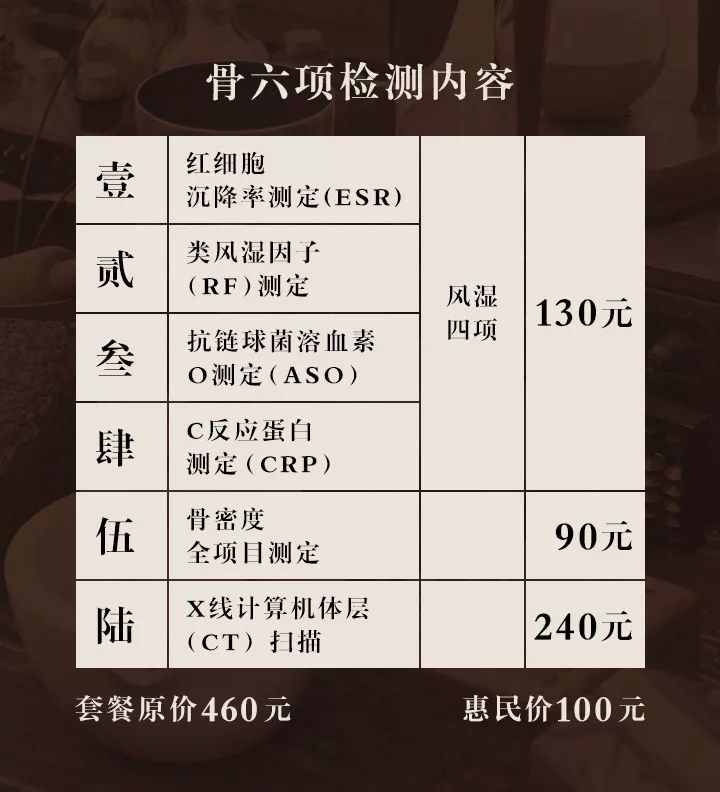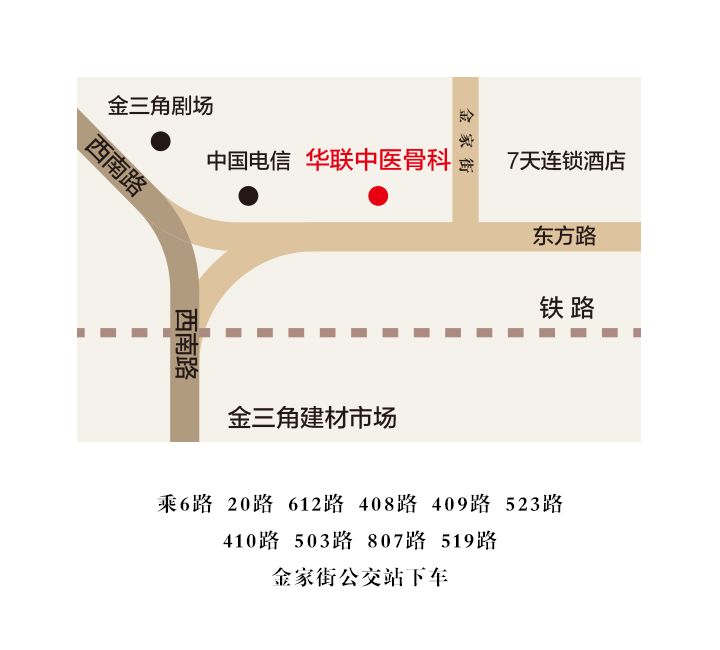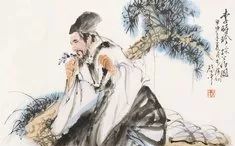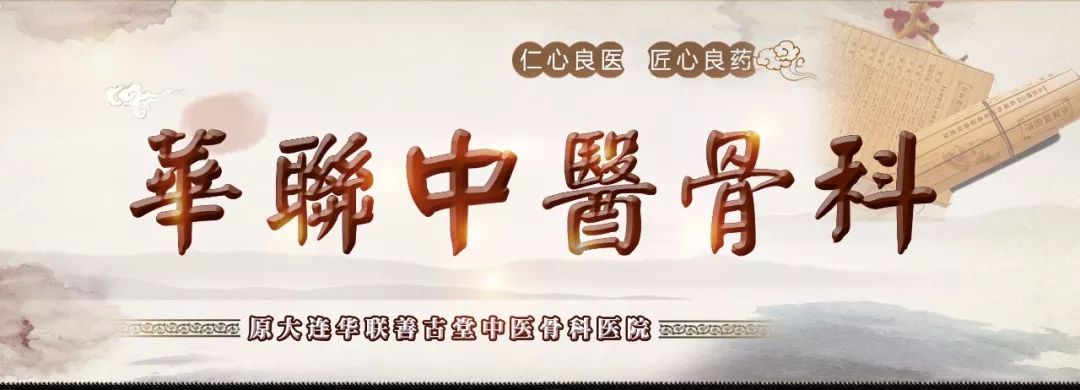
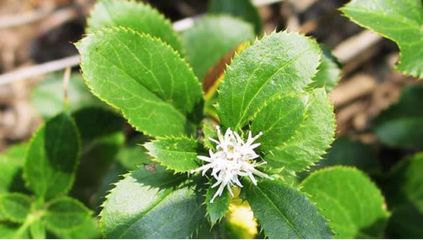
苍术 (Cang Zhu)
苍术 (Cang Zhu) is the dried rhizome of the Asteraceae plant, either Atractylodes macrocephala or Atractylodes lancea. It has the effects of dispelling wind, scattering cold, and alleviating rheumatic pain. It is also known by other names such as 赤术 (Chi Zhu), 山蓟 (Shan Ji), 山精 (Shan Jing), 青术 (Qing Zhu), and 仙术 (Xian Shu), and was referred to as “术仙” (Shu Xian) during the Ming Dynasty.
Interestingly, people from Dalian are quite familiar with it, as the well-known “牟接骨” (Mou Jie Gu) has refined “苍术丸” (Cang Zhu Wan). However, despite being pronounced as 苍术 (Cang Zhu) for over a hundred years in the region, locals still pronounce it as 苍术 (Shu) and have not reverted to the original pronunciation.
Li Shizhen also has a connection with Cang Zhu. In his quest to write the “Compendium of Materia Medica” (本草纲目), he collected various herbs. One time, he discovered a tall and fragrant Cang Zhu growing on a cliff in Maoshan, Jiangsu, on a piece of stone resembling a crane’s beak.

As he approached the edge of the rock to gently dig up this herb, he suddenly slipped and fell. Fortunately, he quickly grabbed the neck of the stone crane, preventing himself from falling off the cliff. This near-death experience left Li Shizhen deeply shaken, marking just one of many perilous encounters he faced.
Shortly after, he recorded Cang Zhu in the “Compendium of Materia Medica,” stating: “Cang Zhu San: treats rheumatism, regularly taken strengthens muscles and bones, and improves vision.”

Cang Zhu (茅苍术) is named after its origin in Maoshan, Jiangsu (near Jurong and Jintan counties), which has been a historical production area. Since the Ming Dynasty, Cang Zhu has been used as a tribute.
In traditional Chinese medicine, external application of herbs follows the ancient methods outlined in the “Compendium of Materia Medica,” where Cang Zhu is used as an important medicinal ingredient.
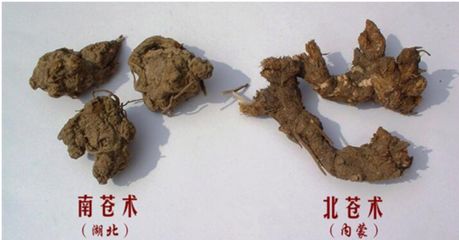
苍术 (Cang Zhu)
【入药部位】 This herb is the dried rhizome of the Asteraceae plant, either Atractylodes macrocephala or Atractylodes lancea. It is harvested in spring and autumn, cleaned of dirt, dried, and the fibrous roots are removed.
【别名】 Chi Zhu, Ma Ji, Qing Zhu, Xian Shu
【性味】 Spicy and bitter, warm.
【功效】 Dries dampness, transforms turbidity, alleviates pain; dispels wind and scatters cold, alleviates rheumatic pain.
【归经】 Enters the Spleen and Stomach meridians.
【用法用量】
Internal use: decoction, 3-9g; or in pills or powders.
【禁/宜人群】 Contraindicated for those with Yin deficiency and internal heat, or those with Qi deficiency and excessive sweating.

There is a story about a scholar returning home from an examination in the capital who stopped by West Lake. During his journey, he encountered a beautiful woman and wished to spend lavishly to return with her, but she politely declined, and he could not fulfill his desire.

Five years later, the scholar revisited the place and could not help but remember the beautiful woman. Suddenly, he saw her familiar figure and was overjoyed, inviting her to enjoy the beautiful scenery of West Lake. They became reluctant to part and decided to stay together at an inn.
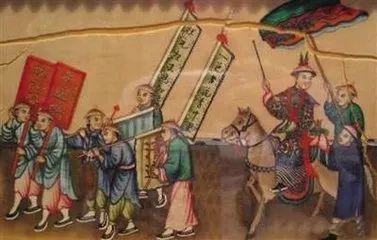
After half a year, the scholar again proposed to return together, but the woman, with a hint of sadness, revealed, “After you left, I fell ill from missing you too much, and now I am a ghost! We have been together day and night, and you have been deeply affected by the Yin energy; when you return, you will surely suffer from severe diarrhea, and you must take Ping Wei San to resolve it!”
Upon hearing this, the scholar was both shocked and regretful, and after a while, he asked, “Ping Wei San consists of ordinary herbs; how can it cure my condition?” The woman replied, “Among them is Cang Zhu, which can dispel evil Qi!”
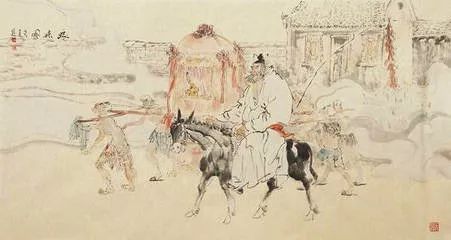
After returning home, the scholar indeed suffered from persistent diarrhea and had to follow her instructions to take Ping Wei San, after which the diarrhea gradually stopped. The main ingredient in this Ping Wei San was Cang Zhu!

Author: Shan Gu
Editor: Xiao Qu
